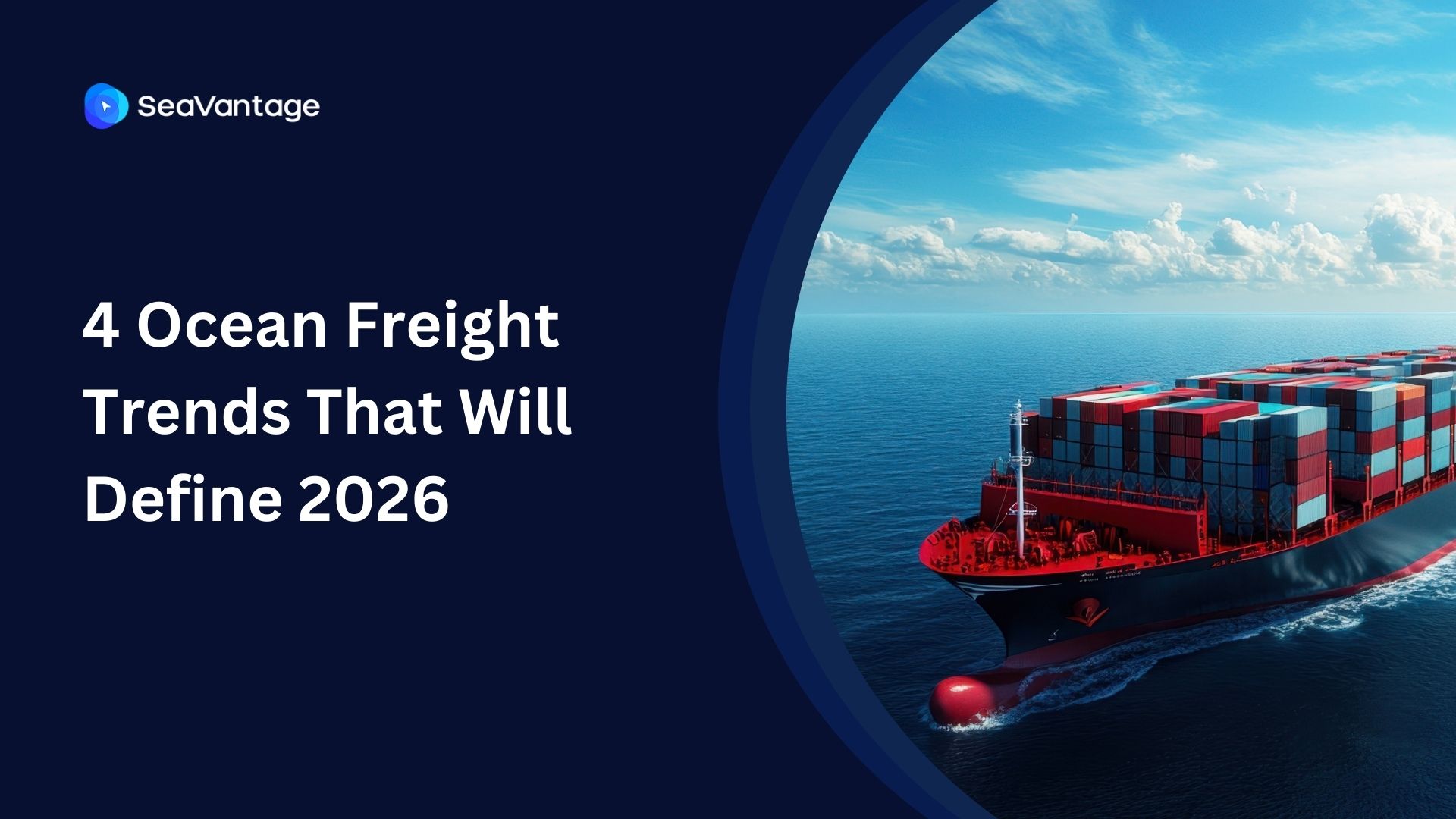Container Vessel Dwell Time by Carrier at Key Global Ports – August 2025 Analysis
Context and Scope of Dwell Time Performance Metrics
This dashboard provides a detailed, data-driven view of average vessel dwell times by shipping line. Dwell time is broken down into two key components, waiting time and working time at berth, offering a clear picture of carrier performance at major global ports.
The current analysis focuses on August 2025, with comparisons to July 2025 (MoM) and August 2024 (YoY) to highlight monthly fluctuations and broader yearly trends.
The analysis centers on 11 high-traffic container ports: Antwerp, Busan, Jebel Ali, Koper, Los Angeles, Long Beach, Ningbo, Rotterdam, Savannah, Singapore and Shanghai. SeaVantage maintains vessel dwell time data across all global container ports. If you're interested in accessing the full dataset or customized reports, please feel free to contact us directly.
Actionable Insights
This dashboard helps identify which carriers are experiencing increasing delays, where operational efficiency is improving or declining, and how recent disruptions may be affecting global port activity. These insights support smarter port selection and more informed carrier negotiations.
Breakdown of Carrier Dwell Times – August 2025
Busan and Singapore continue to be the benchmarks for efficiency. The vast majority of carriers at both ports experienced zero waiting time, and vessel working times remained consistently low, indicating highly effective terminal operations and berthing processes.
On the other hand, significant congestion is evident at major Asian and US East Coast ports. Shanghai faces systemic delays, with Wan Hai Lines experiencing an exceptionally high waiting time of 77.9 hours. Savannah also shows signs of severe strain, with Turkon Line waiting for 74 hours before berthing.
Los Angeles and Long Beach are characterized by prolonged working times rather than waiting. While vessels get to their berths quickly, operations are lengthy. Maersk at Los Angeles spent 165 hours at berth, and ONE at Long Beach spent 143 hours, the two longest working times in this analysis, suggesting potential throughput challenges at the terminals.
The most extreme bottleneck in the dataset is Hapag-Lloyd at the Port of Koper. With an unprecedented waiting time of 161 hours and an extended working time of 92.8 hours, its total dwell time of over 253 hours.
MSC at Shanghai also faced a notable total dwell time of nearly 80 hours, driven primarily by a long waiting period of 65.3 hours. In Savannah, HMM's total dwell time exceeded 121 hours, a result of both high waiting (51.6 hours) and working (70.1 hours) times.
Month-over-Month Change in Carrier Dwell Times by Port
Year-over-Year Change in Carrier Dwell Time by Port
2025년 9월, 주요 글로벌 항만에서 어떤 운송사가 가장 긴 선박 체류 시간을 기록했는지 확인해보세요. 트렌드를 비교하고, 지연을 파악하며, 전체 항만 데이터를 통해 운송 전략을 최적화할 수 있습니다.
2025년 8월, 주요 글로벌 항만에서 어떤 운송사가 가장 긴 선박 체류 시간을 기록했는지 확인해보세요. 트렌드를 비교하고, 지연을 파악하며, 전체 항만 데이터를 통해 운송 전략을 최적화할 수 있습니다.
2025년 7월, 주요 글로벌 항만에서 어떤 운송사가 가장 긴 선박 체류 시간을 기록했는지 확인해보세요. 트렌드를 비교하고, 지연을 파악하며, 전체 항만 데이터를 통해 운송 전략을 최적화할 수 있습니다.
Explore how tariffs, blank sailings, port congestion, and canal disruptions reshaped global ocean shipping in 2025 — and what supply chain leaders must do next.
Is your ocean supply chain ready for 2026? Discover 4 critical trends, from weather disruptions to strategic booking, and how to adapt.
iscover the 4 critical ocean freight trends for 2026, from the Red Sea reopening and fleet overcapacity to shifting global trade maps. Prepare your supply chain now.



.svg)







.png)